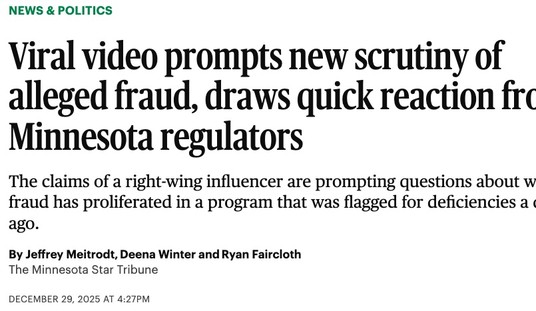One year ago, the Republican National Committee (RNC) published a post-2012 autopsy report. Numerous flaws in the party’s approach to grassroots support, the vast digital divide between the parties, and the national perception of the GOP as old, white men were just part of the analysis.
According to RNC Chairman Reince Priebus, in an interview with Politico, such big changes take time, but they are happening:
The 41-year-old Priebus, who is in his fourth year as chairman, is trying to transform the RNC into a more permanent, year-round operation by making atypical off-year investments in the digital realm and in field staff.
He’s especially proud of headway on the technological side. As suggested in last year’s report, the RNC now has a chief technology officer, a chief digital officer and a chief data officer. It opened an office in Silicon Valley and launched an initiative called Para Bellum Labs to experiment with new ideas in a start-up-like environment.
“That’s expensive, but if we’re going to get where [President] Barack Obama was [in 2012], these are the things we have to do,” Priebus said. “We’re spending two or three million dollars more a month than the [Democratic National Committee]. That’s an entirely new world, and it’s an enormous stress, obviously, because now you’re actually paying for the things that you’re talking about.”
And on the party’s lack of diversity:
One of Priebus’s top priorities is one of the more sensitive subjects for today’s Republican Party: attracting more ethnic and racial minorities to its ranks. In 2012, for instance, Romney won just 27 percent of the Hispanic vote. Democrats, meanwhile, are eyeing states such as Texas, which they believe can turn from red to at least purple due to the rising number of Hispanic voters.
Priebus has hired hundreds of people across the country to focus on engaging minority groups such as blacks, Hispanics and Asians, through special activities, attending events and advertising. Some of the RNC operatives focus in particular on cultivating relationships with media outlets that cater to minority communities.
The RNC chair noted that the debate schedule had gotten out of hand, plus the media involvement had created a “slice and dice” environment for Republican candidates. However, Preibus still spoke of “media partners,” so I asked him how he planned to address the latter issue if he still planned to partner with mainstream-media outlets. He replied that the RNC is now looking into just going with C-SPAN or perhaps even just their own streaming channel as the outlets for the debates, which I think is the smarter play. People don’t tune in to primary debates because they just happen to be on television or think the moderator is awesome; they tune in because they’re motivated to watch the candidates. That audience will seek out the debates wherever they are broadcast — and so will the reporters who follow the political beat, whether their orgs get to moderate or not.
Dustin Siggins is the Washington, D.C. Correspondent for Lifesitenews.com and formerly the primary blogger with Tea Party Patriots. He is a co-author of the forthcoming book, Bankrupt Legacy: The Future of the Debt-Paying Generation. His work has been published by numerous online and print publications, including USA Today, Roll Call, Hot Air, Huffington Post, Mediaite, and First Things.








Join the conversation as a VIP Member